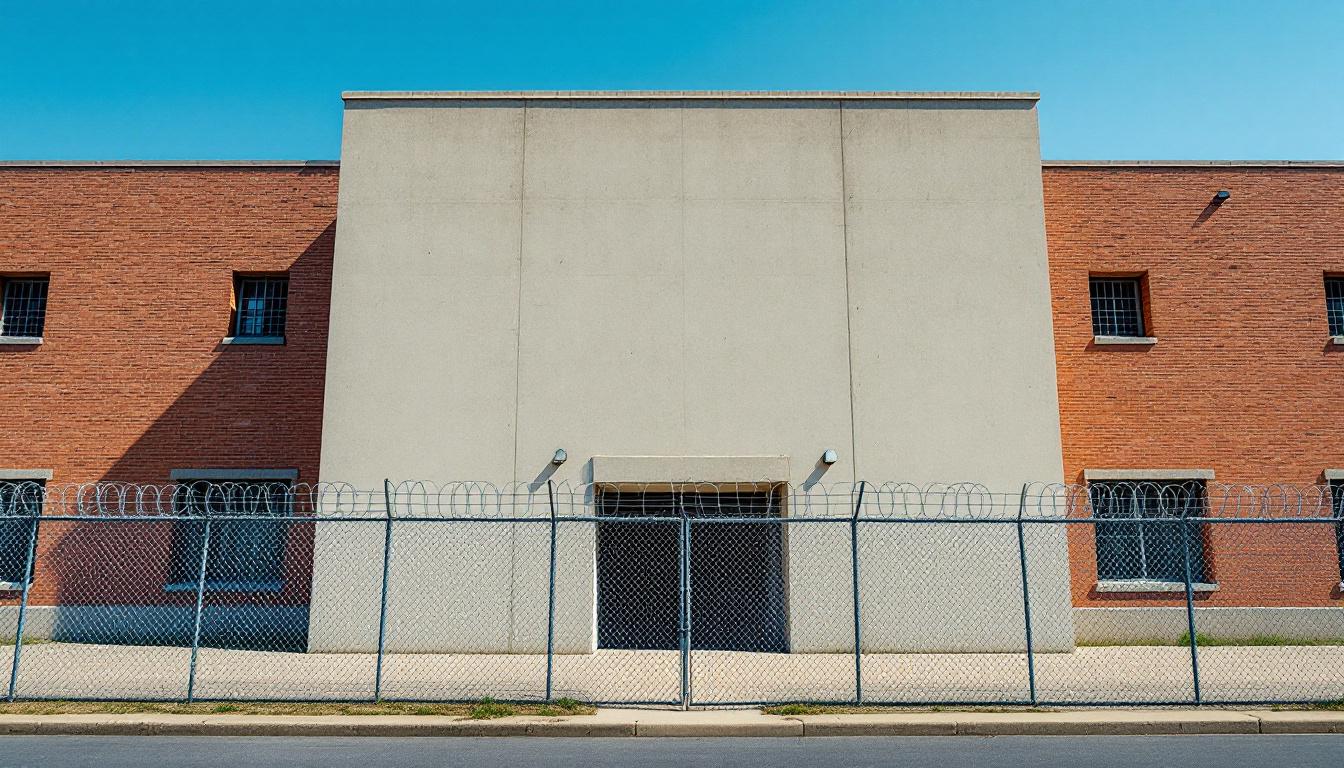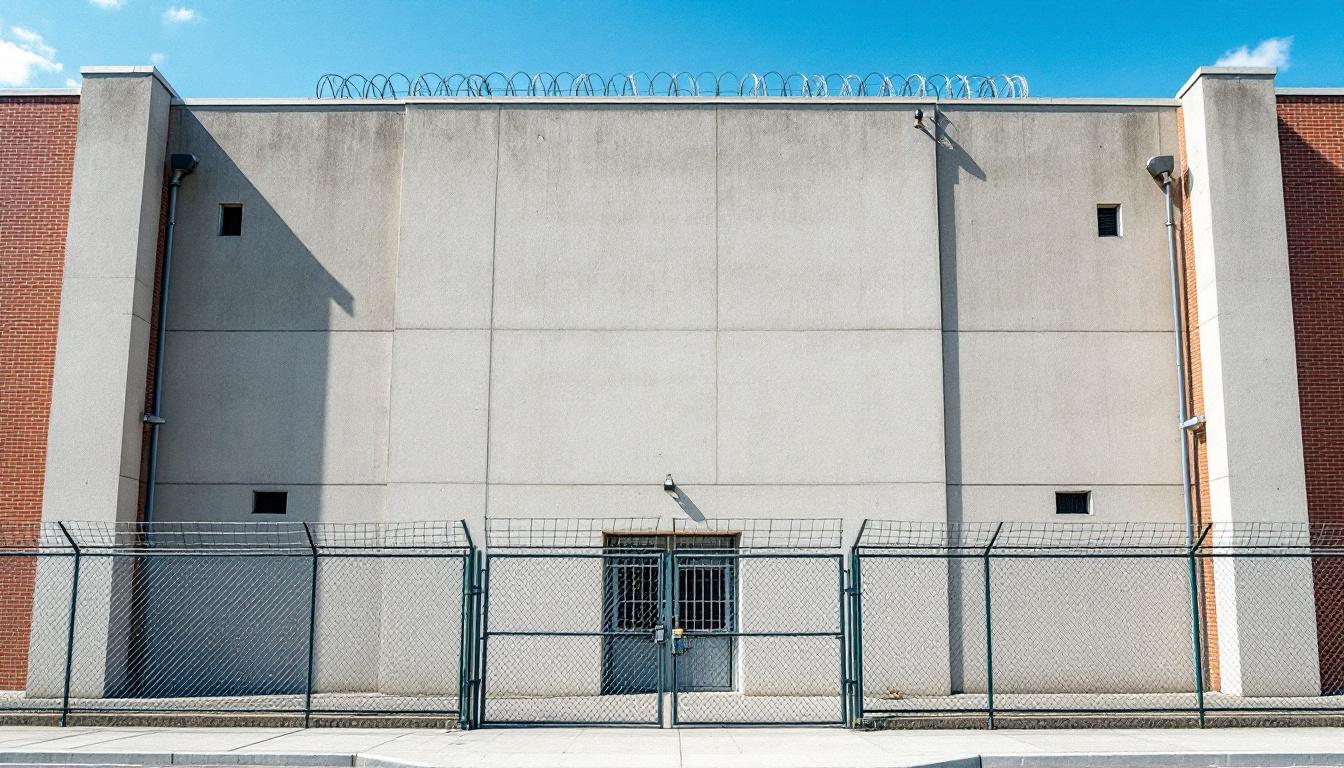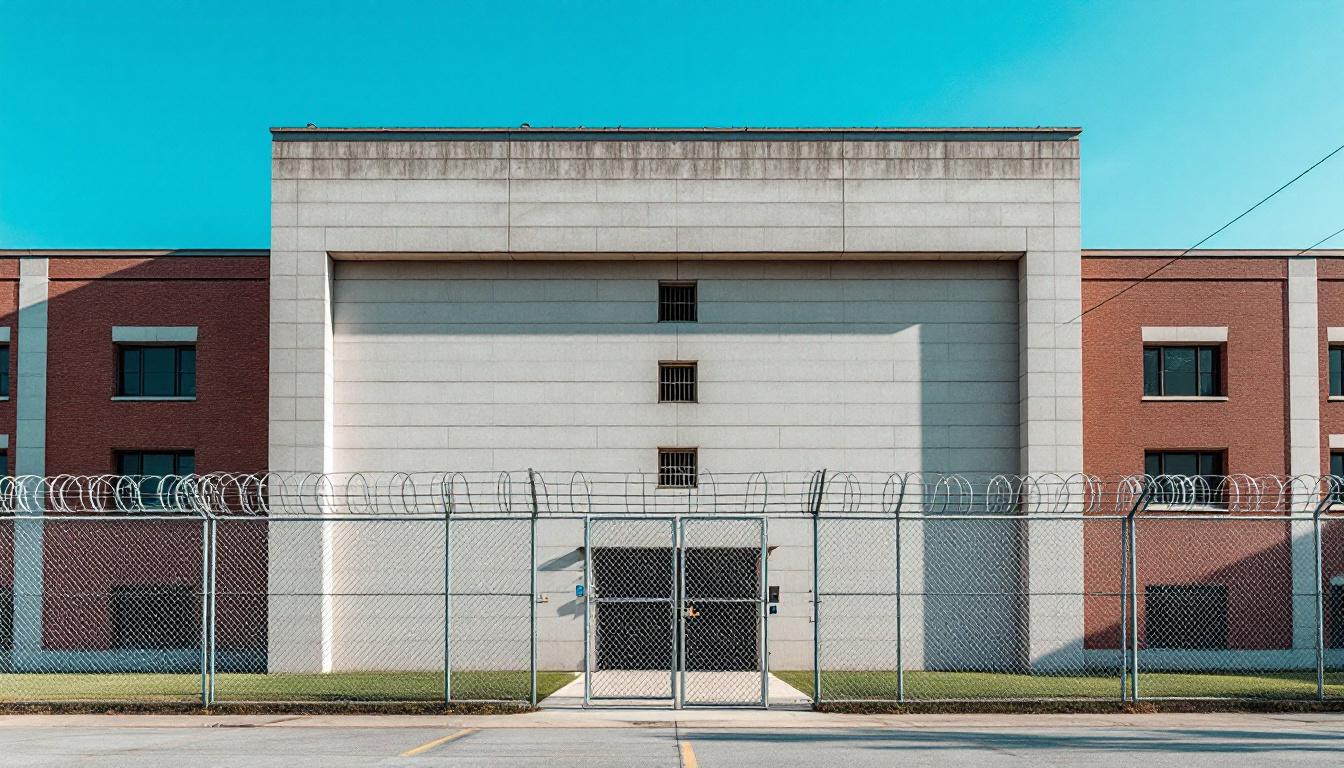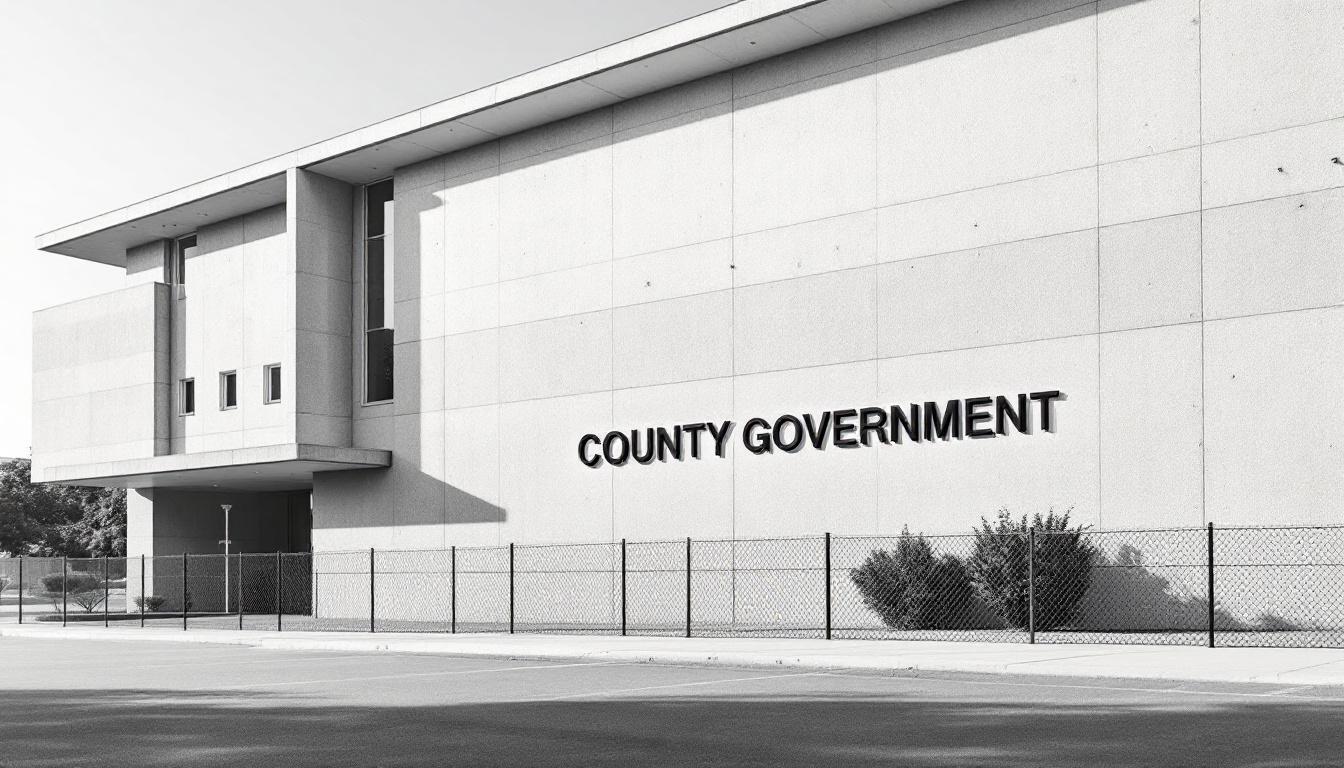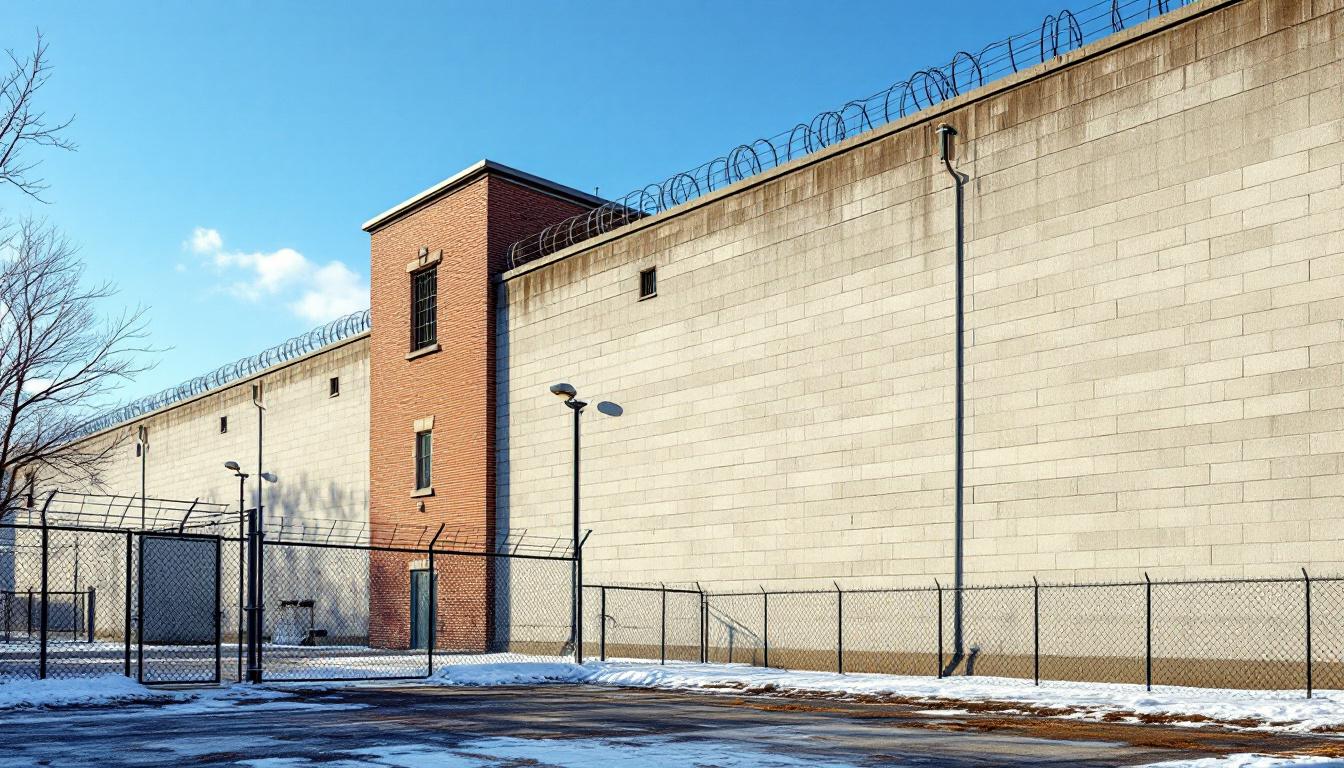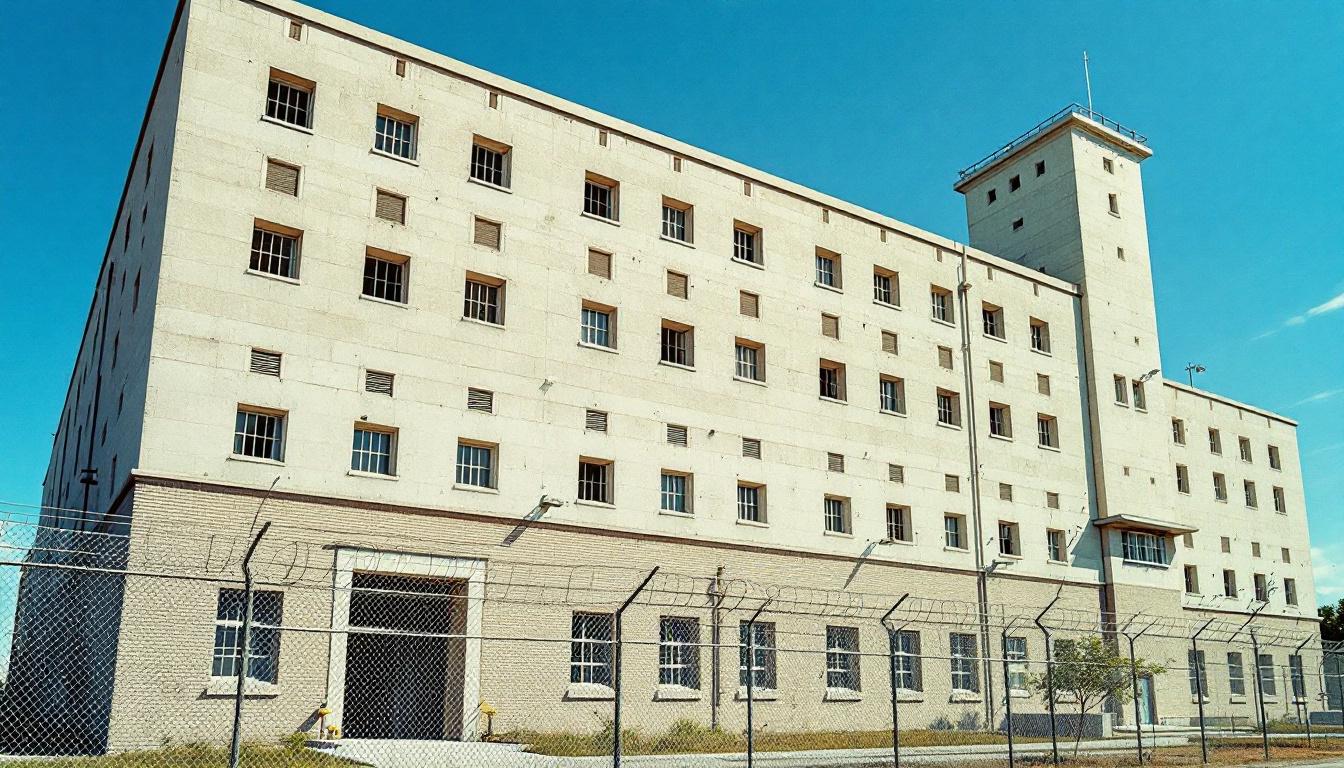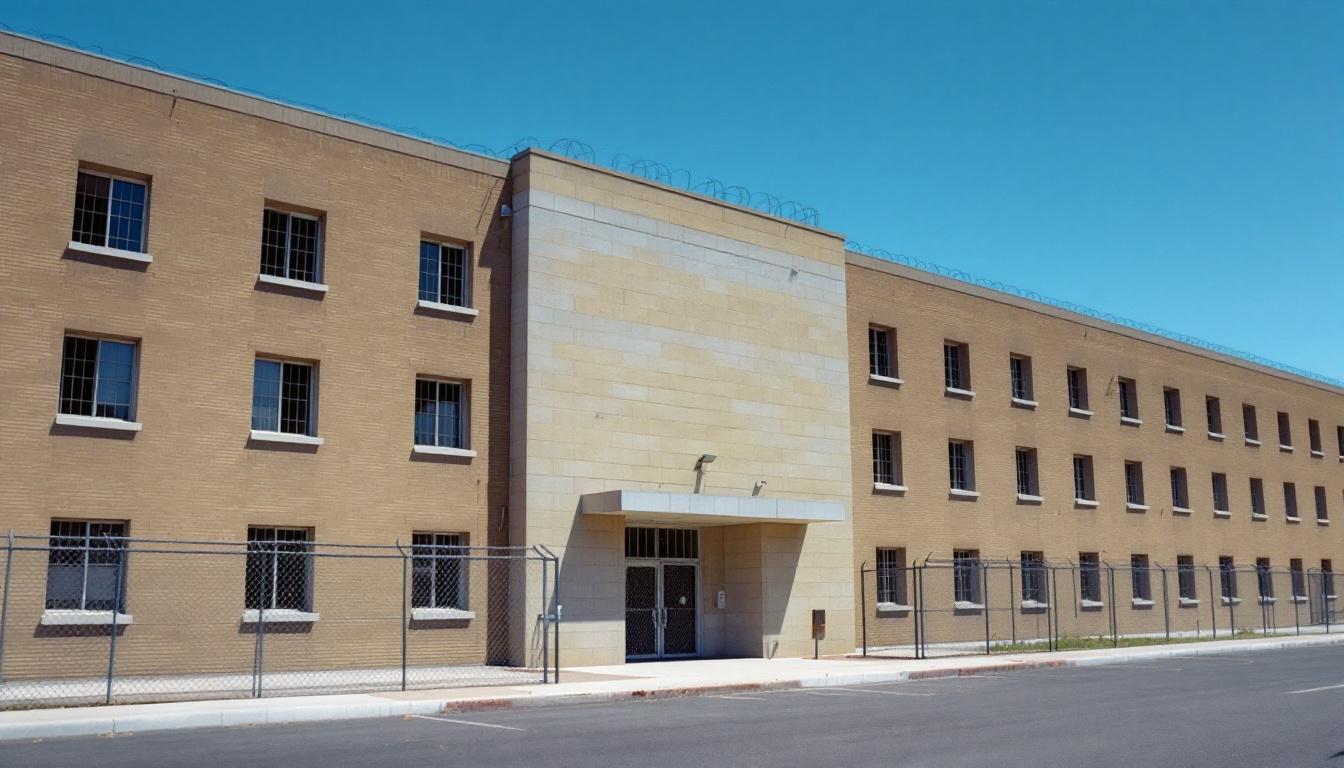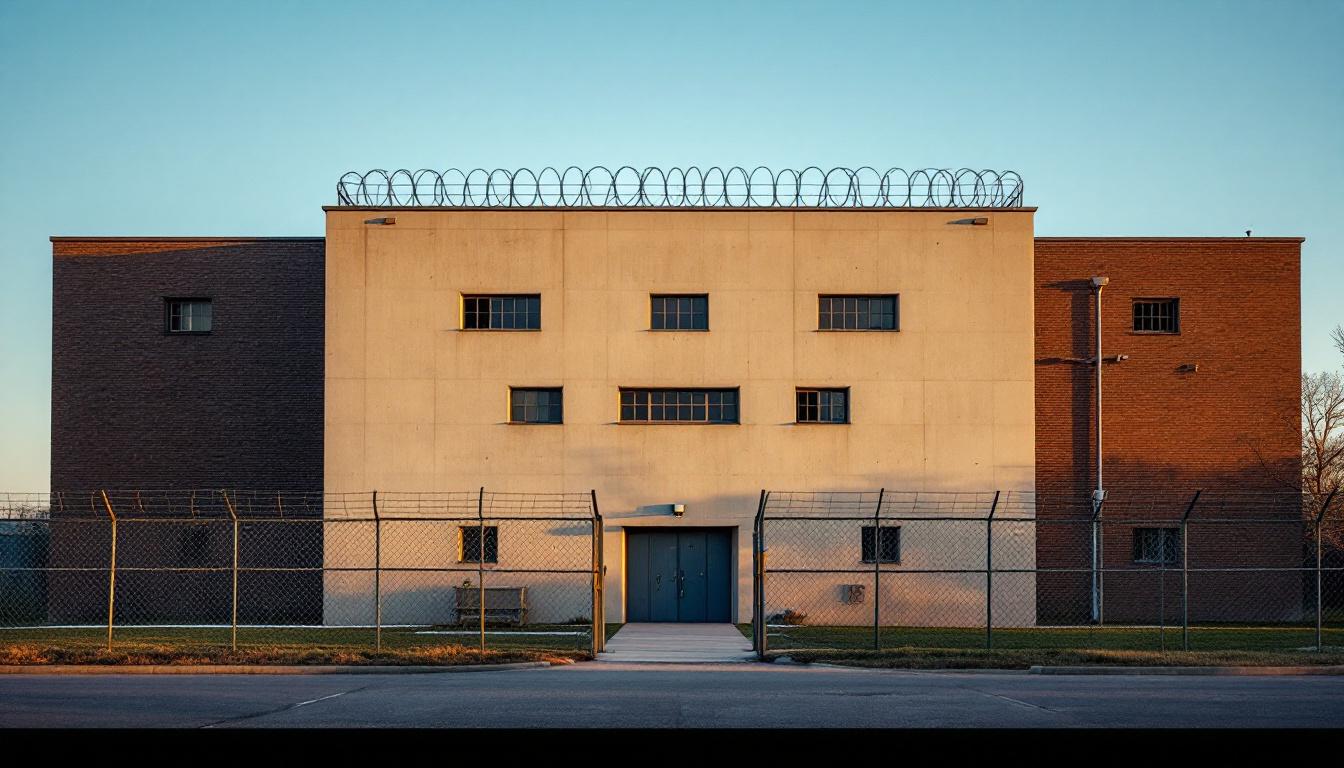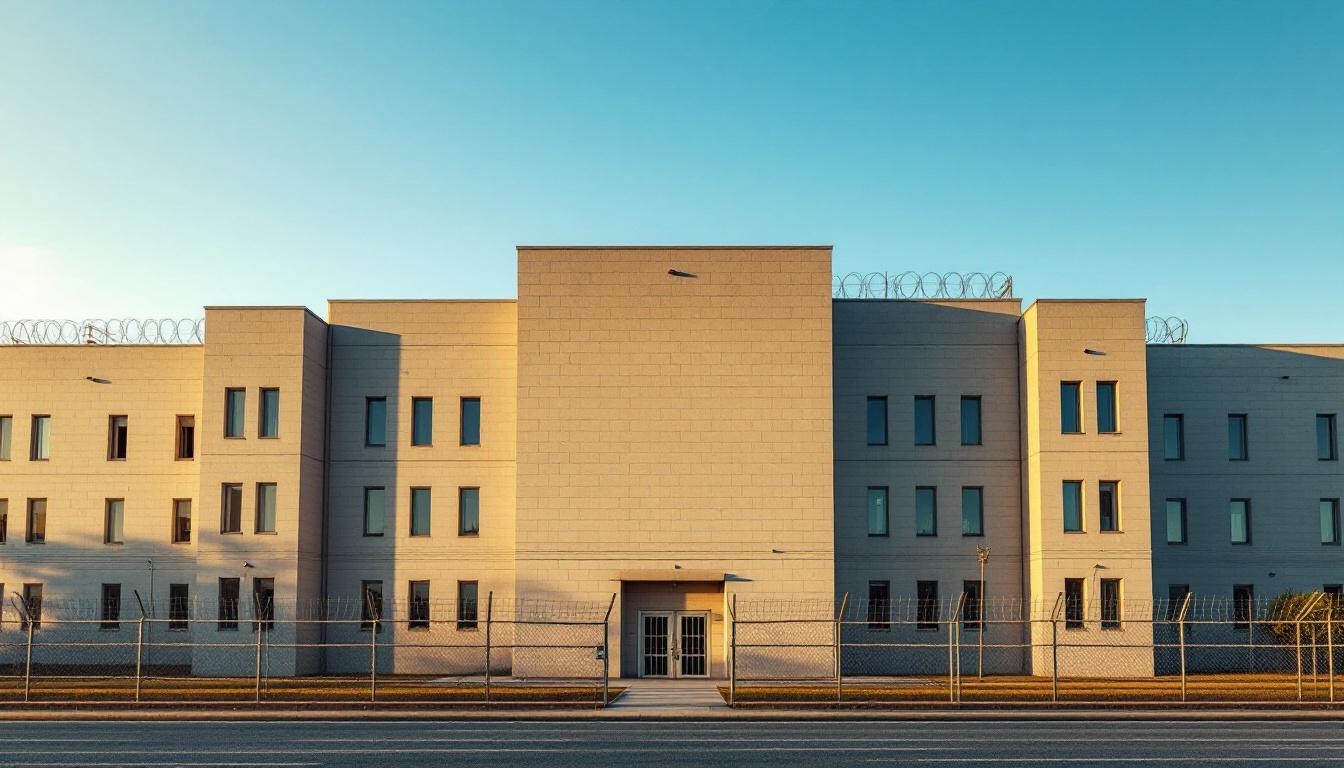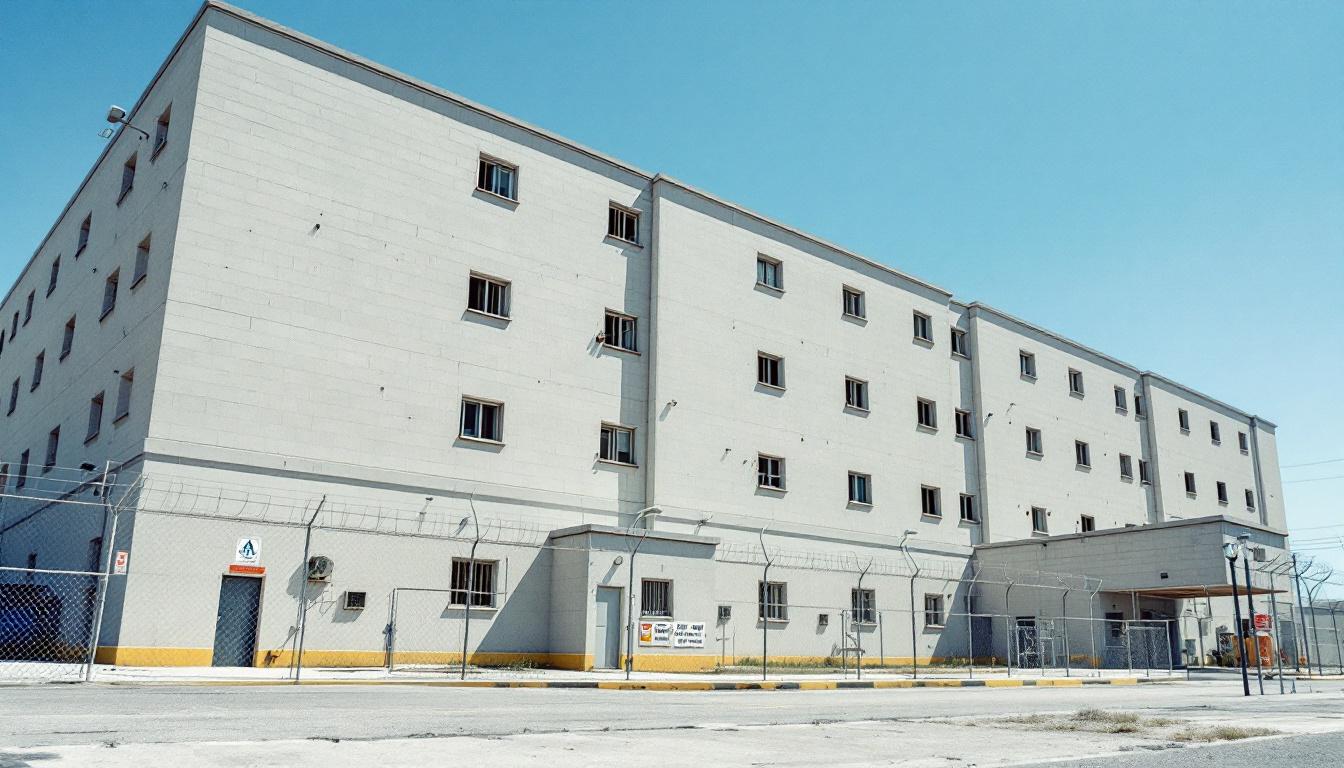
Quick Navigation
How to contact an inmate at Spokane County Detention Services Jail
This comprehensive guide will walk you through how to connect with an inmate at Spokane County Detention Services Jail. Follow the steps below to find an inmate and send letters and photos:
- Search for the inmate using our search tool below
- Create your account or log in to Penmate
- Write your message (up to 6,000 characters)
- Send instantly - inmates receive printed copies daily
Find an Inmate
Search for an inmate to start communicating today
Tip: You can search by first name, last name, or inmate ID number
To contact a person at Spokane County Detention Services Jail start by searching for the person on the official facility website. Perform a search by following these steps:
- Step 1: Enter their first name and last name into the search form and click "Search"
- Step 2: Locate their inmate record
- Step 3: Write down their Inmate ID and any housing information provided
Important! Be sure to enter the person's full name. Nicknames should not be used.
How to Send Messages to Inmates

You can use your phone or computer to send emails, letters, and photos to an inmate. Messages are sent electronically to inmate tablets or kiosks at the facility. If you would like to send a message, start by searching for an inmate at Spokane County Detention Services Jail.
Sending Photos and Postcards

A great way to send love and support to a loved one at Spokane County Detention Services Jail is to send photos and postcards. It only takes a few minutes to send photos from your phone and it makes a huge difference. You can also mail postcards with words of support and inspiration, or design your own postcard for special moments like birthdays and holidays.
Important! Be sure not to send any explicit photos or they may not be approved by the facility. You can also use a photo printing app like Penmate to make sure your photos are printed at the correct size (4x6 or 3x5) and are mailed according to the rules and regulations of Spokane County Detention Services Jail.
Frequently asked questions about Spokane County Detention Services Jail
-
How long does it take to deliver a message?
If you're sending an email message your letter is usually delivered within 24-48 hours. For messages sent via mail you should expect delivery within 3-7 days. All messages will need be approved by Spokane County Detention Services Jail.
-
How much does it cost to send a message to Spokane County Detention Services Jail?
You can send a message free using your phone or mail a message via USPS for the price of a $0.60 stamp and envelope. You can also purchase credits or e-stamps from services starting at $1.99.
-
What services can I use to contact an inmate at Spokane County Detention Services Jail?
Penmate
You can use Penmate to send letters and photos to an inmate from your phone. It's an easy way to stay in touch during your loved one's incarceration. Use the inmate locator to find an inmate's location and contact information, then you can send messages within a few minutes.
Securus messaging
Securus may be another option for communicating with an inmate at Spokane County Detention Services Jail. You can create a friends and family account and purchase credits to send messages. All messages will be reviewed and must be approved by the facility.
JPay
Some county jails and state prisons may support sending messages with JPay. You must register an account with the system, find your loved one, and purchase stamps to send messages. For some locations you can also attach photos.
Smart Jail Mail
You may also check if Smart Jail Mail is available at Spokane County Detention Services Jail. Smart Jail Mail is operated by Smart Communications and has contracted with some state and county jails. After purchasing credits, your messages and photos are sent to the facility, printed out, and then handed out to your loved one.
-
What is the mailing address of Spokane County Detention Services Jail?
Mailing address:
Spokane County Detention Services Jail
1100 W Mallon Ave
Spokane, WA 99260
Phone: (509) 477-2278Business hours:
- Monday: Open 24 hours
- Tuesday: Open 24 hours
- Wednesday: Open 24 hours
- Thursday: Open 24 hours
- Friday: Open 24 hours
- Saturday: Open 24 hours
- Sunday: Open 24 hours
-
What are the visiting hours at Spokane County Detention Services Jail?
Visiting hours at Spokane County Detention Services Jail vary by housing unit and security level. Generally, visits are scheduled on weekends and holidays, with some facilities offering weekday visits. Contact the facility directly at (509) 477-2278 or check their website for the current visiting schedule. Visits typically last 30-60 minutes and must be scheduled in advance.
-
What items are prohibited when sending mail to Spokane County Detention Services Jail?
Prohibited items typically include: cash, personal checks, stamps, stickers, glitter, glue, tape, staples, paperclips, polaroid photos, musical or blank greeting cards, hardcover books, magazines with staples, and any items containing metal or electronics. Only send letters on plain white paper with blue or black ink. Photos must be printed on regular photo paper (no Polaroids). Always check with Spokane County Detention Services Jail for their specific mail policies.
-
How do I send money to an inmate at Spokane County Detention Services Jail?
You can send money to an inmate at Spokane County Detention Services Jail through several methods: 1) Online using JPay, Access Corrections, or the facility's approved vendor, 2) Money orders mailed directly to the facility with the inmate's name and ID number, 3) Kiosks located in the facility lobby, or 4) Over the phone using a credit or debit card. Fees vary by method, typically ranging from $2.95 to $11.95 per transaction.
-
Can I schedule a video visit with an inmate at Spokane County Detention Services Jail?
Many facilities now offer video visitation as an alternative to in-person visits. At Spokane County Detention Services Jail, video visits may be available through services like Penmate, Securus Video Connect, GTL, or ICSolutions. Video visits typically cost $10-20 for 20-30 minutes and must be scheduled in advance. You'll need a computer or smartphone with a camera and reliable internet connection. Contact the facility for their specific video visitation policies and approved vendors.
-
What identification do I need to visit an inmate at Spokane County Detention Services Jail?
All visitors must present valid government-issued photo identification such as a driver's license, state ID, passport, or military ID. Minors must be accompanied by a parent or legal guardian who can provide the minor's birth certificate. Some facilities require visitors to be on the inmate's approved visitation list, which may require a background check. Contact Spokane County Detention Services Jail for specific ID requirements and visitor approval procedures.
-
How can I find out an inmate's release date?
To find an inmate's release date at Spokane County Detention Services Jail, you can: 1) Use the online inmate search tool if available, 2) Call the facility's records department, 3) Contact the inmate's case manager or counselor, or 4) Have the inmate provide this information during a call or visit. For privacy reasons, some facilities only release this information to immediate family members.
Facility Overview
Contact Information
Spokane County Detention Services Jail1100 W Mallon Ave
Spokane, WA 99260
Phone: (509) 477-2278
Official Website
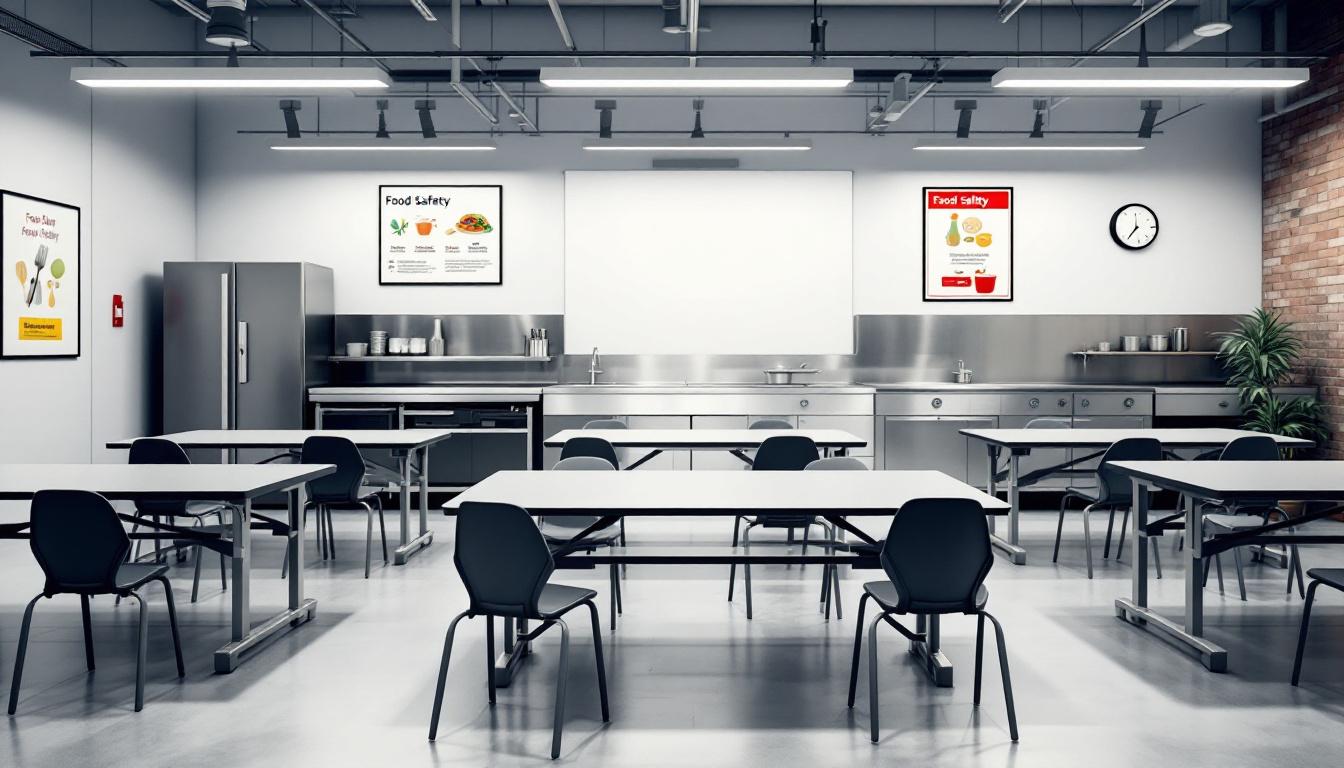
About Spokane County Detention Services Jail
Correctional facilities across Washington State serve as secure environments where individuals work toward rehabilitation while maintaining community safety, and the Marysville Civic Center, WA operates within this framework to serve the greater Marysville area. Located in Snohomish County, this WA correctional facility typically balances security protocols with programs designed to support successful reintegration into Pacific Northwest communities.
The facility generally provides the population services that focus on preparing individuals for their eventual return to Marysville and surrounding areas. Educational opportunities, vocational training, and substance abuse counseling may be available to help address underlying issues that contribute to criminal behavior. Mental health services often form a cornerstone of rehabilitation efforts, recognizing that many individuals benefit from therapeutic support during their time in custody. These programs typically emphasize skill-building and personal development, creating pathways for positive change.
Family connections remain vital throughout the correctional process, and the Marysville correctional facility generally accommodates visitation schedules that allow loved ones to maintain meaningful relationships. The facility's location within the Pacific region provides accessibility for families traveling from nearby communities, while transportation services may help connect individuals to court appearances and medical appointments. Staff members typically work to create an environment where rehabilitation can occur alongside necessary security measures, understanding that successful reentry benefits both individuals and the broader Marysville community they will rejoin.
Programs & Services
Comprehensive support systems form the foundation of rehabilitation efforts, where the population receives access to multiple pathways for personal growth and community reintegration. The facility's approach emphasizes building practical skills while addressing individual needs through structured programming. These initiatives typically focus on preparing participants for successful transitions back into their communities through education, skill development, and ongoing support networks.
Educational services provide the population with opportunities to advance their academic credentials and develop critical thinking skills. Vocational programs often include hands-on training in various trades and technical fields, allowing participants to gain marketable skills for future employment. Moreover, these educational initiatives may supply individualized learning plans that accommodate different skill levels and learning styles, ensuring that each person can progress at an appropriate pace.
Work programs within the facility typically encompass food service operations and laundry services, which offer practical experience in essential workplace skills while maintaining facility operations. Community resource connections help bridge the gap between incarceration and reentry by linking the population with local support services, housing assistance, and employment opportunities. These comprehensive support services often include case management and coordination with community organizations to ensure continuity of care and support upon release, fostering long-term success and reducing the likelihood of recidivism.
Daily Life & Visitation
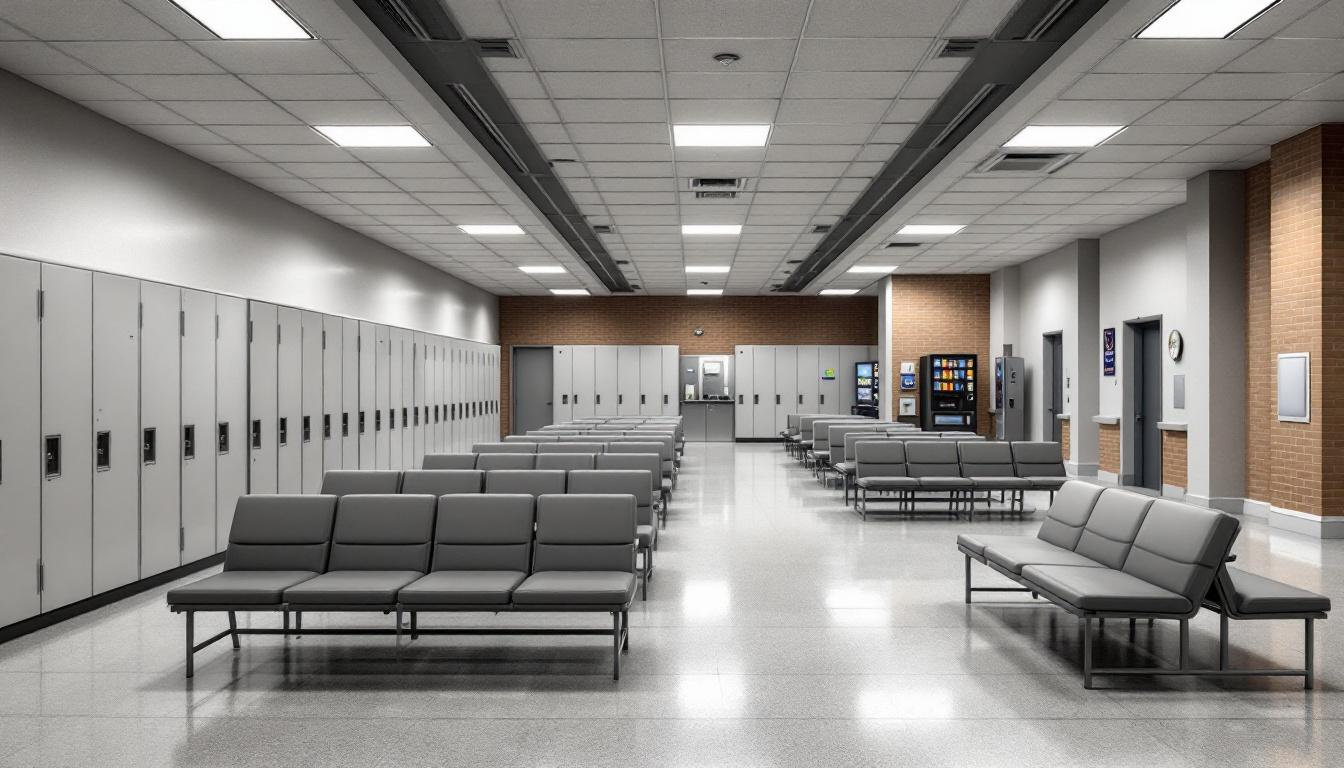
Organizational protocols shape every aspect of the experience for the population at Marysville Civic Center, creating a framework that currently governs movement, activities, and interactions throughout each day. The facility continues to operate on a structured schedule that typically begins with early morning wake-up calls and accountability counts. Daily routines generally include designated meal times, work assignments, and programming periods that supply predictability for residents. Security procedures are woven throughout these activities, ensuring safety while maintaining operational efficiency.
Moreover, living accommodations at the facility typically house the population in dormitory-style units or individual cells, depending on classification levels and available space. Residents usually have access to basic personal property and may purchase additional items through the commissary system. Meals are generally served in a central dining area at scheduled times, with the population moving in organized groups to maintain order and security. Work assignments often include kitchen duties, maintenance tasks, and facility cleaning responsibilities that help residents contribute to daily operations while developing job skills.
Whereas weekdays focus heavily on structured programming, recreational opportunities typically include access to television areas, outdoor exercise periods, and library services when available. The facility generally provides scheduled visitation times that allow the population to maintain family connections, though specific policies may vary based on security requirements and operational needs. Communication options usually include phone access and mail services that help residents stay connected with their support systems. These various components work together to create a daily environment that balances security needs with basic human services and rehabilitation opportunities.
Ready to Connect?
Start communicating with your loved one today
Search for an Inmate
